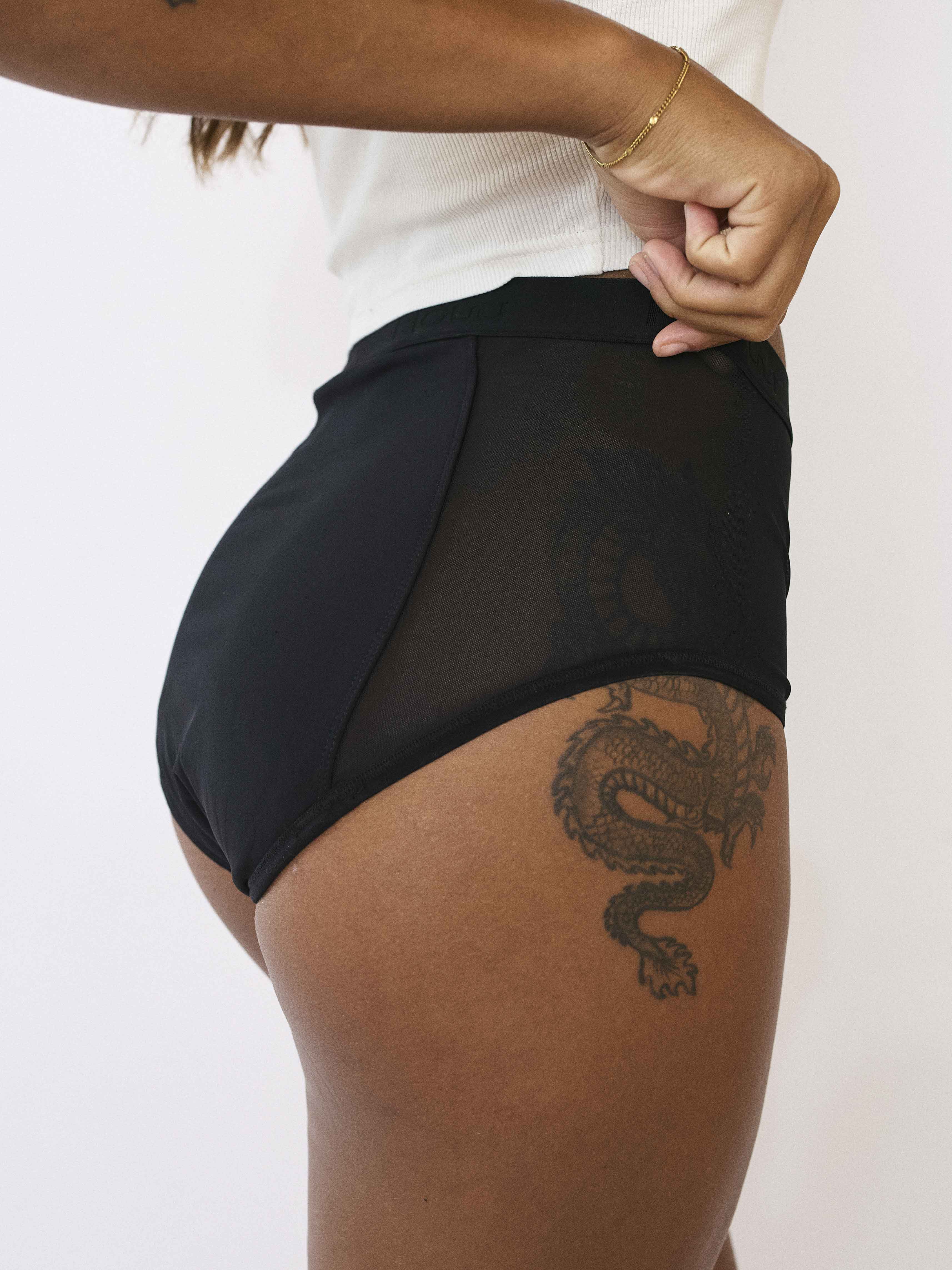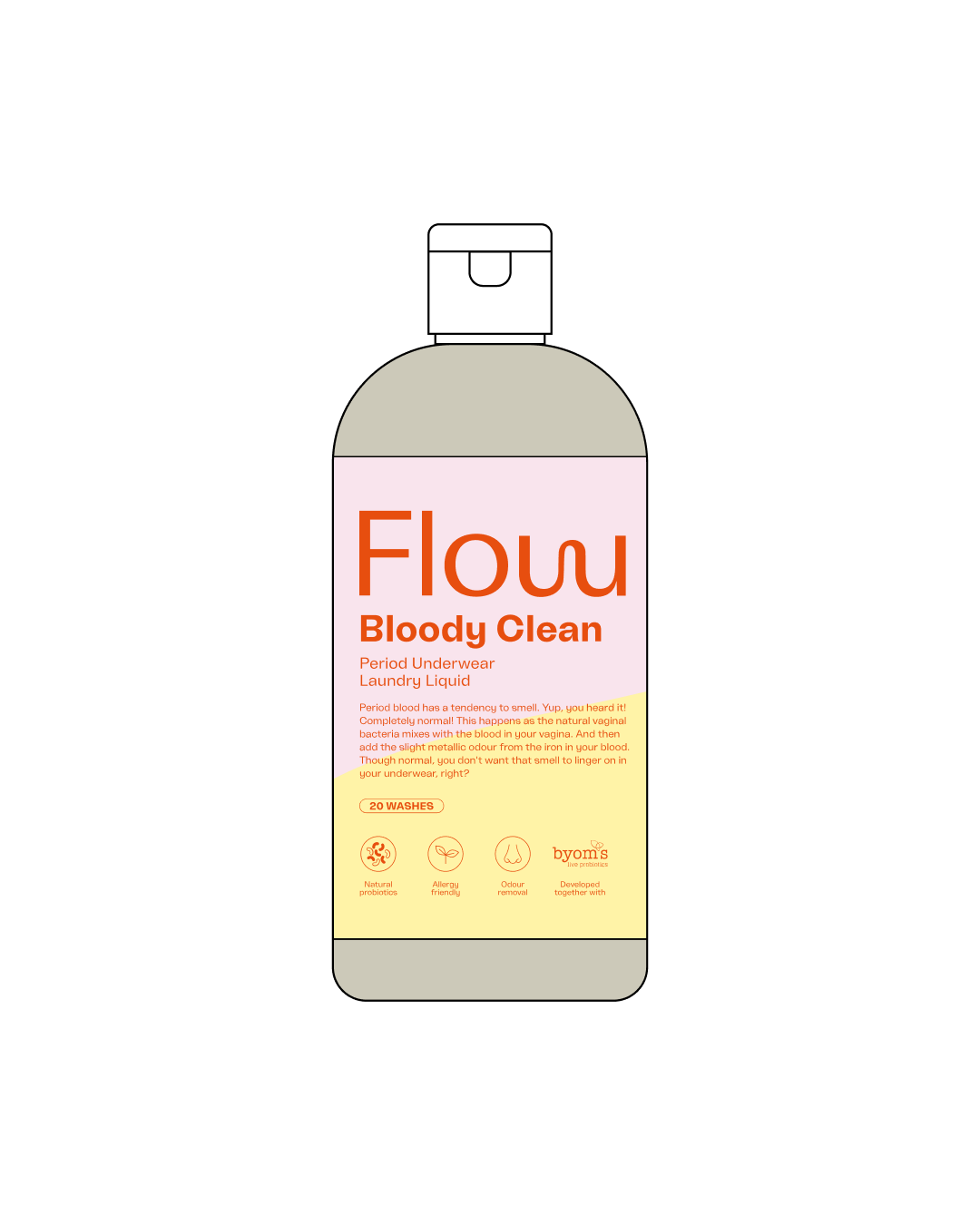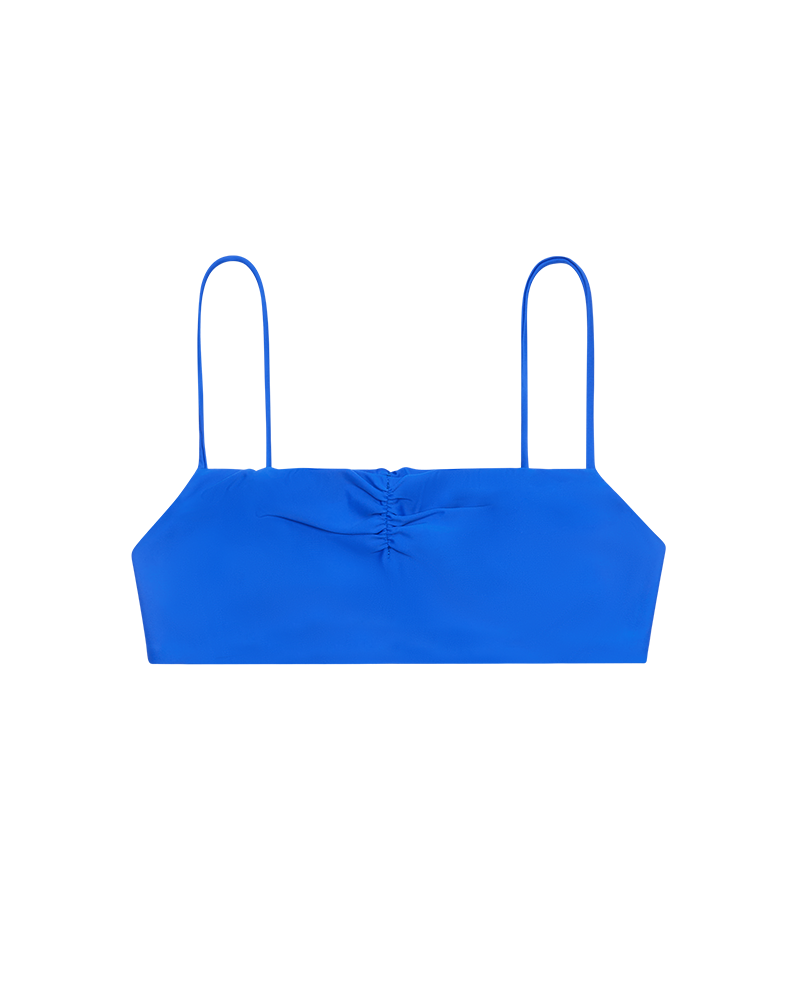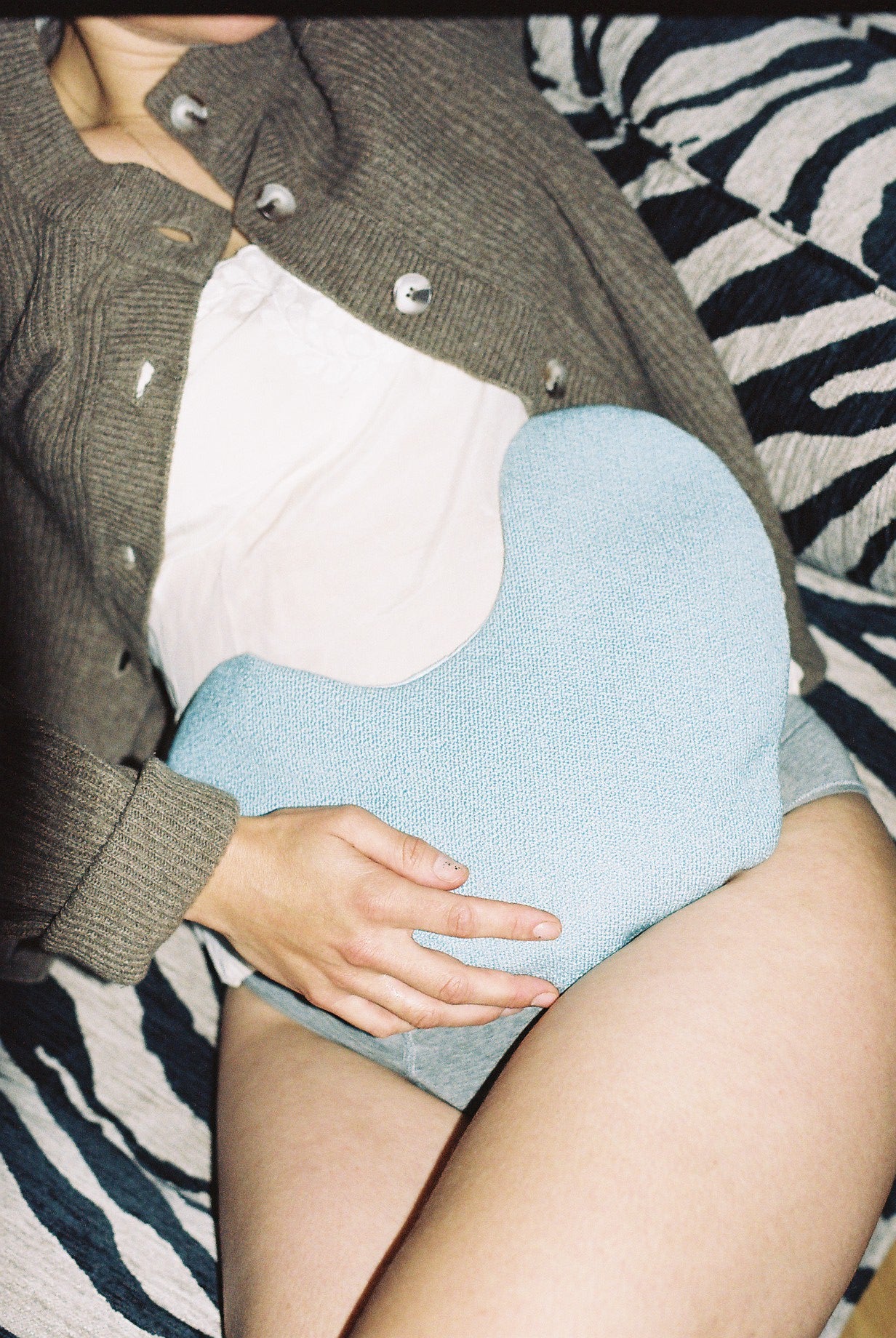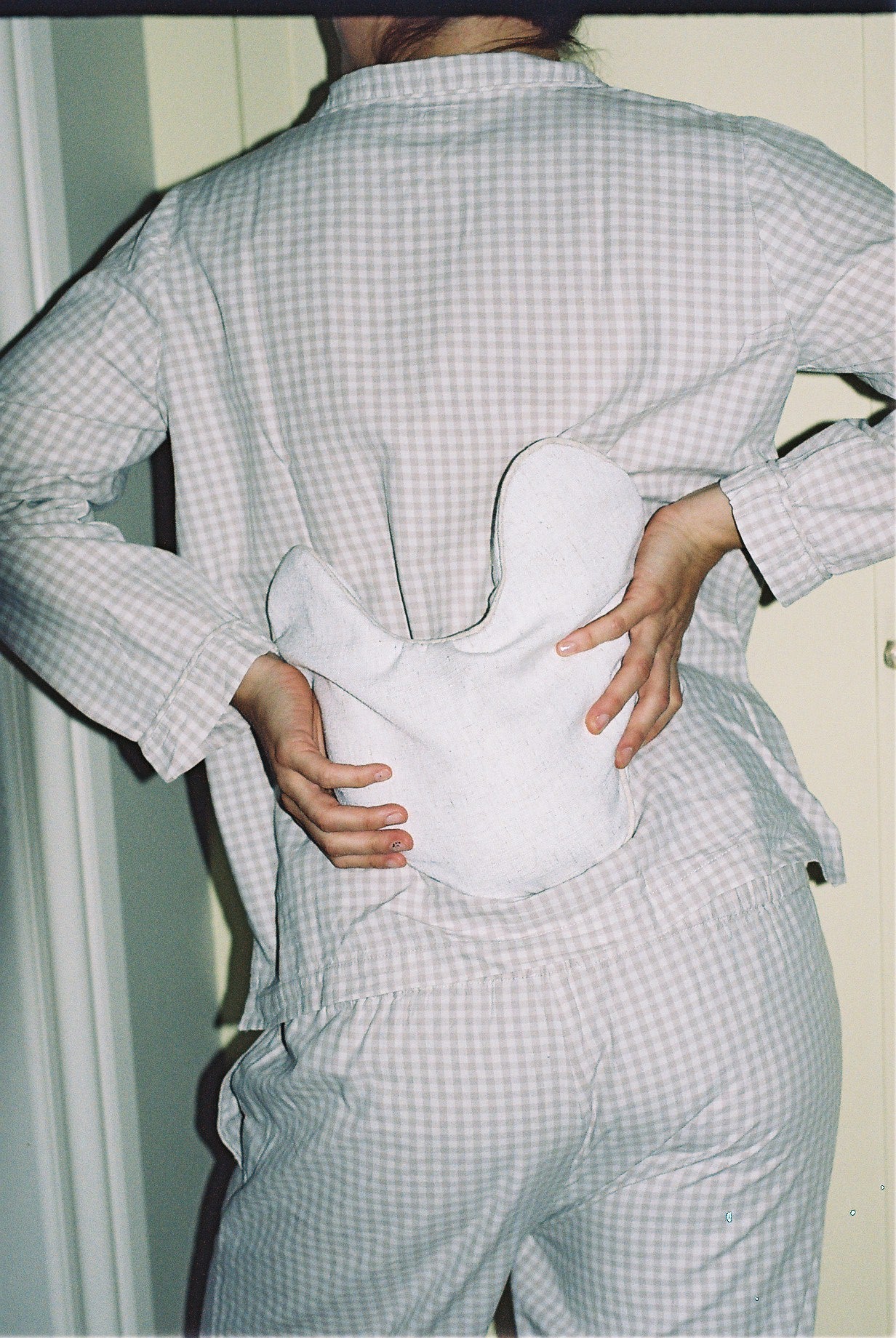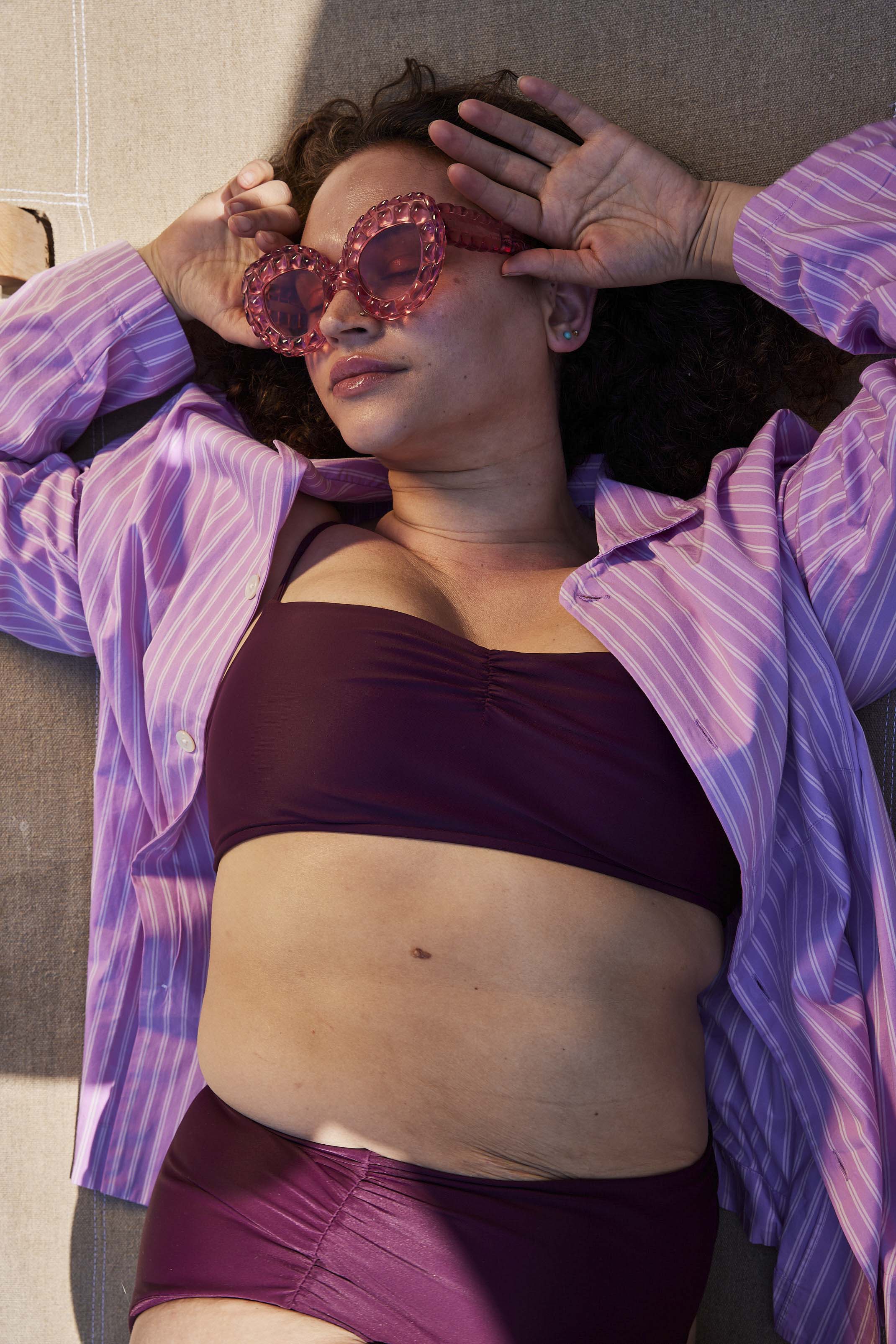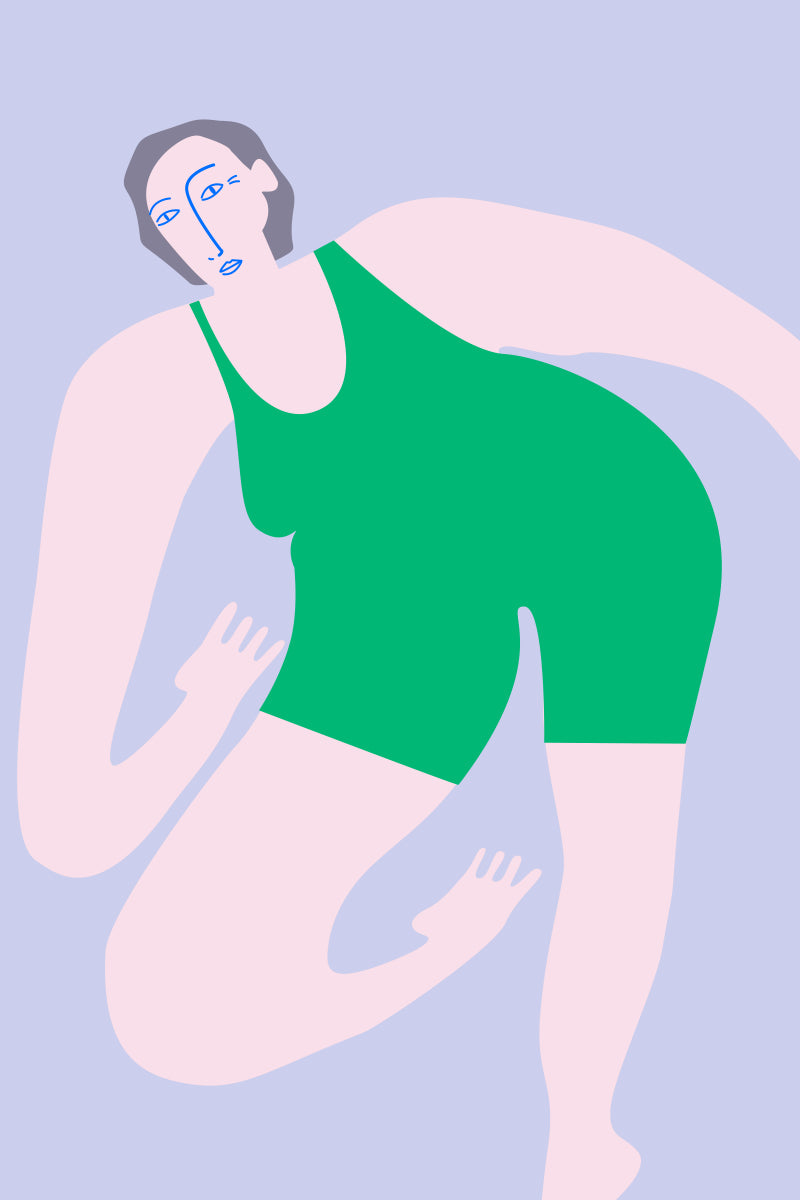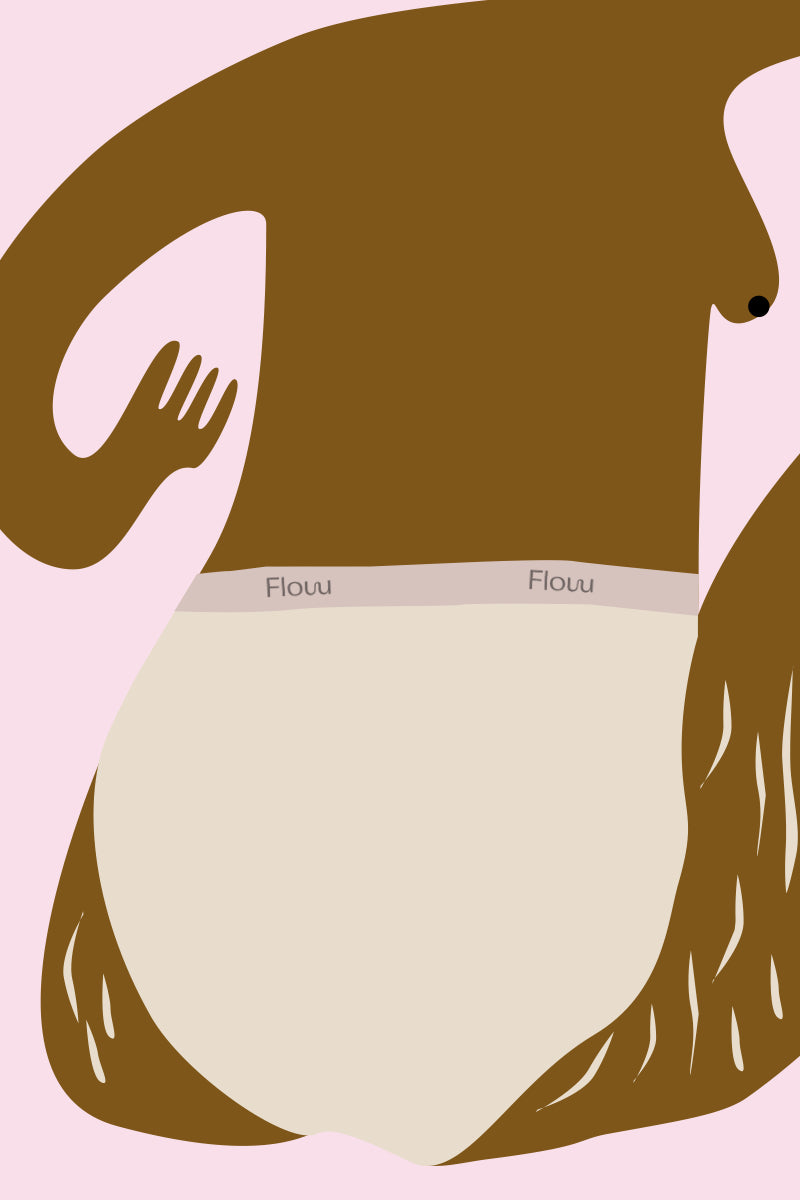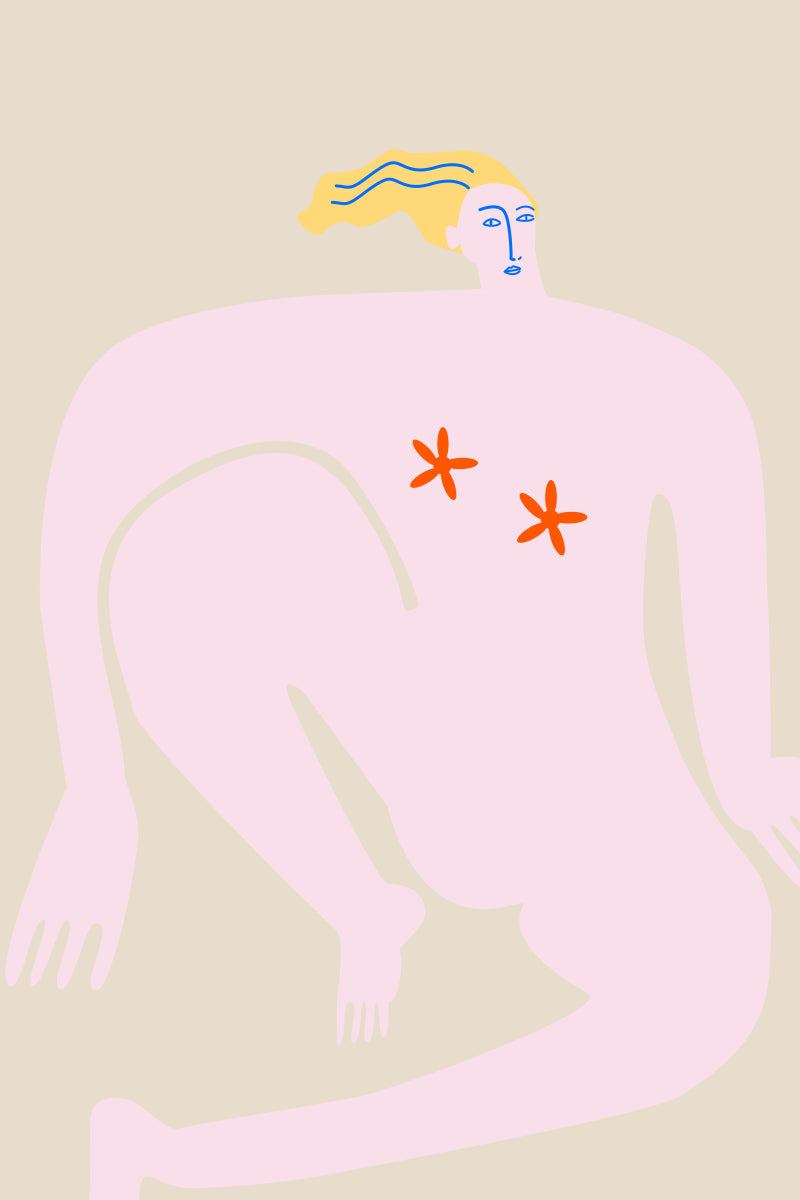Women with endo tell us: Our best advice for those who suspect endometriosis
Author: Emma Libner
On the occasion of March being international endometriosis awareness month, Flow recently interviewed five women about their experiences with the neglected disease endometriosis - a disease in which tissue resembling the lining of the uterus is found outside the uterus, where it can cause severe pain, including during menstruation.
One of the questions we asked the five women was:
“If you had to give one piece of advice to others who suspect they might have endometriosis, what would it be?”
Here you will find their answers.
Go to the doctor - even if you are “just” in doubt
Many of us have been taught that menstruation hurts. That it is normal to experience pain during sex. Yes, that it is generally just supposed to be a little painful to be born into a female body (think of the Fall, where Eve and all her descendants, as punishment for eating the forbidden fruit, had to give birth to their children in pain!).
One of those who had her pain swept under the carpet for many years is Henriette (36), who was diagnosed with endometriosis after suffering from severe menstrual pain since she got her first period at the age of 13:
“Like so many others, I was just told that being a woman and having my period was supposed to hurt. But you shouldn't put up with being in so much pain that you can't go about your daily life on regular painkillers,” she says.
Henriette herself has experienced sitting in the emergency room with what turned out to be a ruptured cyst due to her endometriosis, where she herself thought it was “completely crazy.” But without the doctors seeming particularly concerned for her.
Henriette's best advice for those of you who are considering whether you might have endometriosis is therefore simple:
“Request a referral to a gynecologist. And if it turns out that you have endometriosis, receive symptomatic treatment as early as possible to prevent the disease from progressing and becoming more painful than it already is.”
Talk to someone who understands you.
A recurring experience among several of the women Flow has spoken to is the experience of not feeling listened to when they have shared their experiences with their doctor. For Anna (22), the lack of understanding is actually one of the things that has hurt her the most:
"It can be fucking hard not to feel understood. It hurts almost as much as the pain itself to have to sit and explain yourself and not be met with understanding," she says.
Anna's advice is therefore to ally yourself with someone who can have your back when you are sitting at the doctor's table and have to plead your case:
"Start by telling someone close to you, someone you feel comfortable with. And bring that person with you when you go to the doctor for the first time, so they can support you. I even brought my father with me, and it was so nice, because then at least there was someone in the room who understood me," she says.
One place where you can definitely find community with others who understand you is the nationwide patient association Endometriosis Community, which another woman, Tine (35), shares as her best advice:
“The Endometriosis Community has been a great help to me. They also have a lot of knowledge that can help you further if you don't know where to start,” says Tine, who was diagnosed with endometriosis at the age of 21 after a good decade of severe pain.
Be insistent and persistent
Although endometriosis is a common disease, it is unfortunately still overlooked. Perhaps because it almost exclusively affects women. In fact, endometriosis is so overlooked that the average time it takes to get a diagnosis is currently between five and seven years.
One of those who has been waiting for a diagnosis for years is Kamilla (41). A full 23 years passed from the time she first went to the doctor with severe pain until she - by chance in connection with an abortion scan - was diagnosed with endometriosis.
Kamilla herself went to the doctor many times before she finally got the diagnosis. Her advice to anyone who suspects they have endometriosis is to do the same. Because as she herself says:
"Often you have to insist and go to the doctor many times to get it checked out. So insist on being referred to a specialist who can scan you for endometriosis - and do it several times if necessary."
During the month of March, we will continuously share the five women's stories with you on our Instagram profile , where you also have the opportunity to share your own story with endometriosis if you wish.




